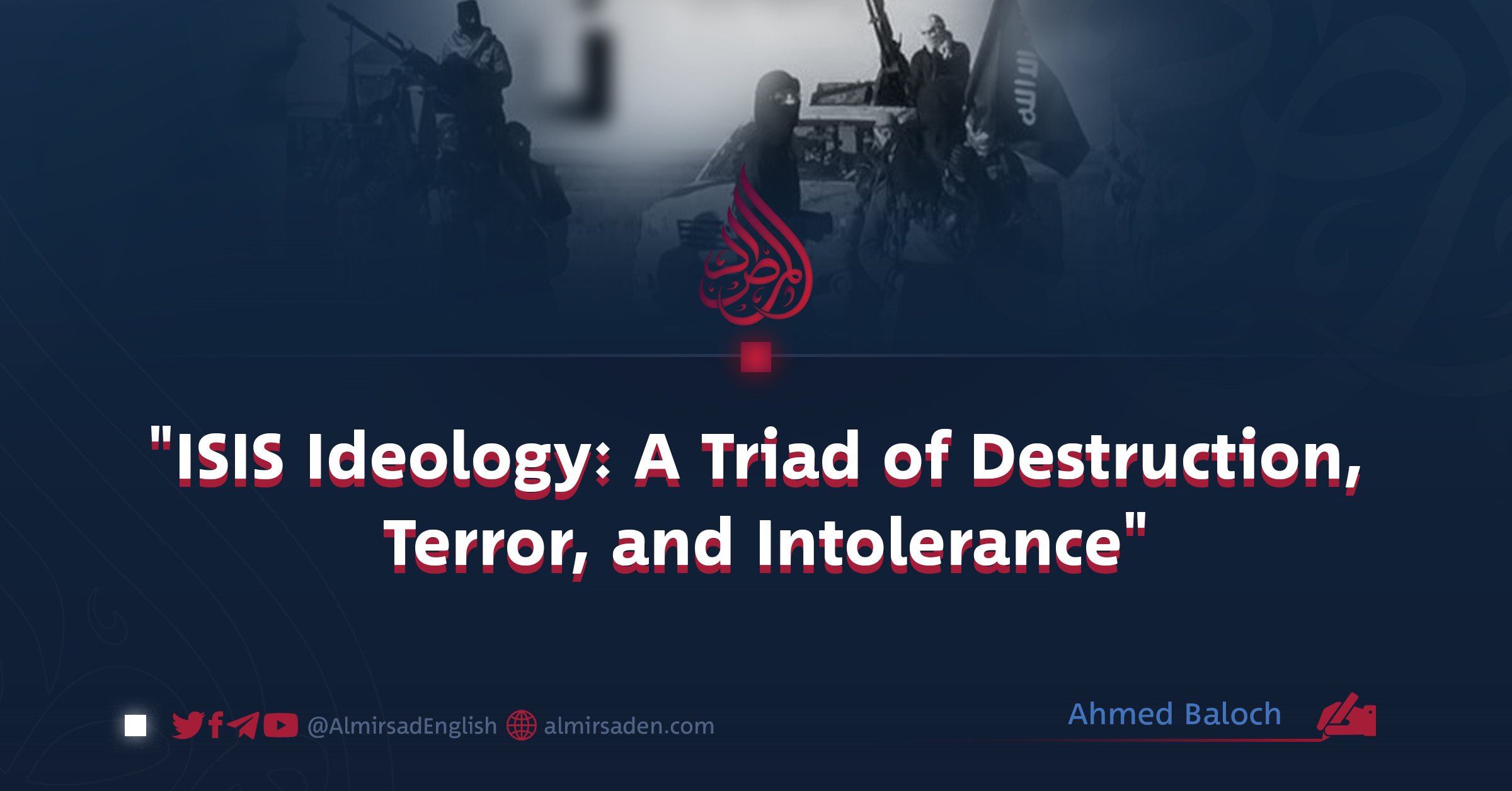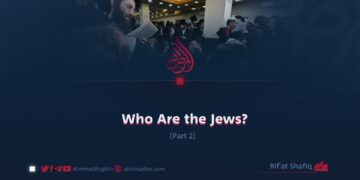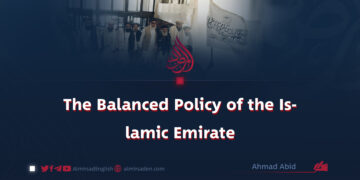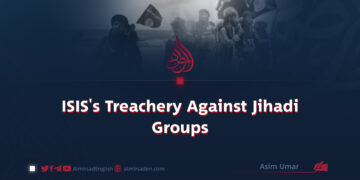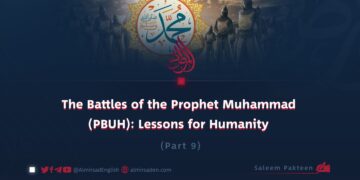Written by: Ahmed Baloch
When analyzing the mindset of any group or movement, it is essential to examine their ideological approach in order to truly understand the depth and hidden facets of their mission.
ISIS’s ideological stance is based on a triangle—a triangle that entails nothing but destruction and the ruin of society. This triangle is clearly evident in the implementation of ISIS’s ideological guidance and is reflected in their programs.
1. Destruction:
Destruction is a core element within ISIS’s ideological framework. This group emerged with a mindset focused on destruction, utilizing it extensively under the guidance of their superiors to achieve both short- and long-term goals.
They employ destruction as a tool to instill fear and terror in the hearts of residents in every city and region they enter. This ideology, essentially, lacks humanity.
In truth, Islam promotes an ideology of building and development for humanity. Allah Almighty has drawn attention to this in the Holy Quran, emphasizing that a Muslim’s duty in society is to promote prosperity and development.
Muslims, whether part of a system or as individuals, should strive to build and distance themselves from destruction. However, ISIS’s ideology is built upon the notion that others must submit to them through destruction, and they fully exploit this approach to achieve their aims.
2. Terror:
Brutality is ingrained in ISIS’s structure, with all of its existence summed up in this one word.
Spreading fear and adopting a terror-filled mindset are considered fundamental principles in their programs. In reality, such fear-mongering has no place in Islamic teachings, and Islam completely rejects it.
Islam, in its moral guidance, also prohibits Muslims from such practices, with no instruction anywhere that permits a Muslim or any human being to spread terror. On the contrary, Islam promotes peace and cooperation, advocating for peace and peaceful collaboration among people.
Within an Islamic system, every individual’s rights are defined and protected, with each person being granted their rights.
3. Intolerance of Others:
One of the negative foundations in ISIS is their disregard and rejection of other movements.
Their ideology is based on exclusivity and a singular approach, denying others any role. Even if there is reform within society, they believe it must come through their principles and methods alone.
If another group initiates reform in society, even if it aligns with Islamic principles, they refuse to accept it, as they believe they should have been the ones to bring about that reform.
This narrow perspective of ISIS has no place in the world or among Muslims, as these three characteristics are universally unacceptable, and Islam is fundamentally opposed to them.































